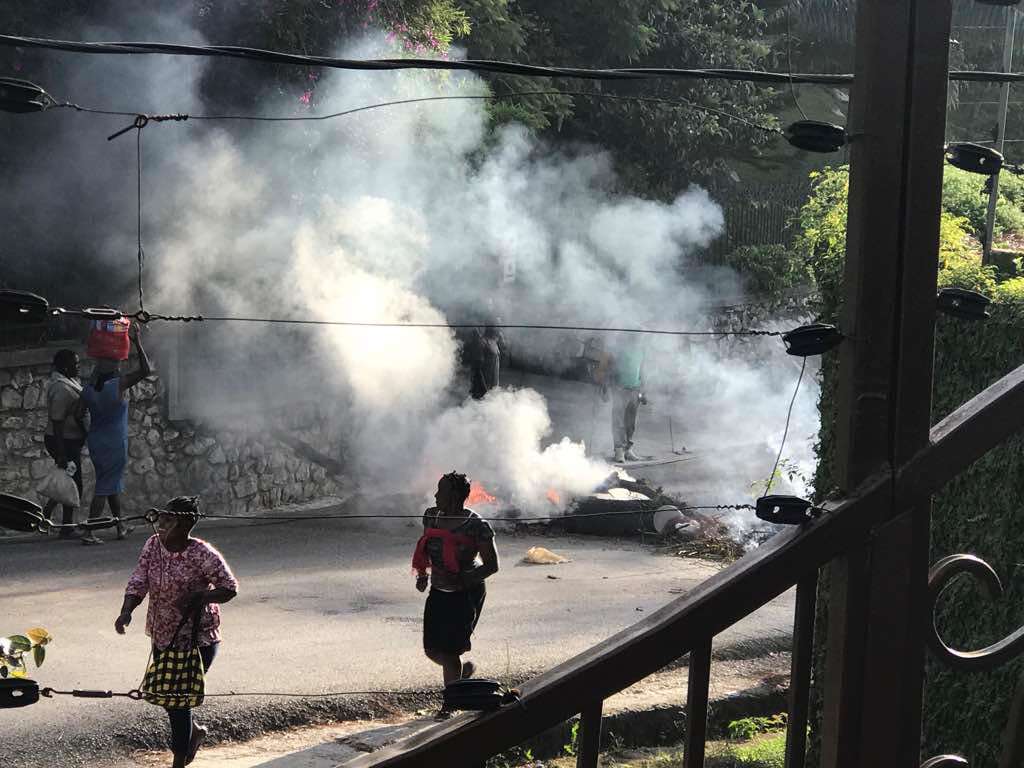Interesting history lesson as to why the South decided fuck no to abolition early on:
https://en.wikipedia.org/wiki/1804_Haiti_massacre
Haiti had a huge impact on our history in a weird way.
Also, because they slaughtered all those Frenchies, Napolean had to divert an expeditionary force to fight them, which was defeated. Some argue that expeditionary force was meant to recapture the territories he sold to us after he took our gold.
Also a super fun glimpse into the future of your children in America:
By the end of April 1804, some 3,000 to 5,000 people had been killed[20] and the white Haitians were practically eradicated. Only three categories of white people, except foreigners, were selected as exceptions and spared: the Polish soldiers who deserted from the French army; the small group of German colonists invited to the north-west region before the revolution; and a group of medical doctors and professionals.[12] Reportedly, also people with connections to officers in the Haitian army were spared, as well as the women who agreed to marry non-white men.[20]
Dessalines did not try to hide the massacre from the world. In an official proclamation of 8 April 1804, he stated, "We have given these true cannibals war for war, crime for crime, outrage for outrage. Yes, I have saved my country, I have avenged America."[12] He referred to the massacre as an act of national authority. Dessalines regarded the elimination of the white Haitians an act of political necessity, as they were regarded as a threat to the peace between the black and the free people of color. It was also regarded as a necessary act of vengeance.[20] Dessalines' secretary Boisrond-Tonnerre stated, "For our declaration of independence, we should have the skin of a white man for parchment, his skull for an inkwell, his blood for ink, and a bayonet for a pen!"[23]
Dessalines was eager to assure that Haiti was not a threat to other nations. He directed efforts to establish friendly relations also to nations where slavery was still allowed.[24]
In the 1805 constitution, all citizens were defined as "black,"[25] and white men were banned from owning land.[20][26] The massacre had a long-lasting effect on the view of the Haitian Revolution. It helped to create a legacy of racial hostility in Haitian society.





